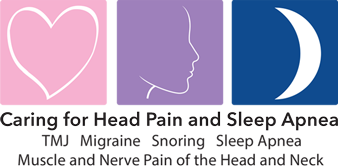

Rich Hirschinger, DDS, MBA
Diplomate American Board of Orofacial Pain
9615 Brighton Way, Suite 323
Beverly Hills, CA 90210
888.981.8981
Diplomate American Board of Orofacial Pain
9615 Brighton Way, Suite 323
Beverly Hills, CA 90210
888.981.8981
 Diagnosing Headaches
Diagnosing Headaches
More About Headaches
- Describe the type of pain and where it is located.
- What is the severity of the pain on a scale of 1 to 10?
- How long does the pain last?
- How often do headaches occur?
- Have you noticed a trigger, such as situations, food, activities or medicines preempting the headache?
- What symptoms occur along with the headache, such as sensitivity to light and/or sound, nausea, or weakness?
- Does anyone else in your family have headaches?
- When did you first experience this type of headache?
- Do you experience headaches that feel different, or do you have different types of headaches?
- Trouble with balance
- Vision abnormalities
- High blood pressure
- Fatigue or muscle weakness
- Injuries or head trauma
- Infections
- Malformation
- Tumor
- Hemorrhage
There are multiple types of headaches and many possible headache causes. Most headache patients will not require an array of extensive diagnostic testing prior to establishing a treatment plan.






